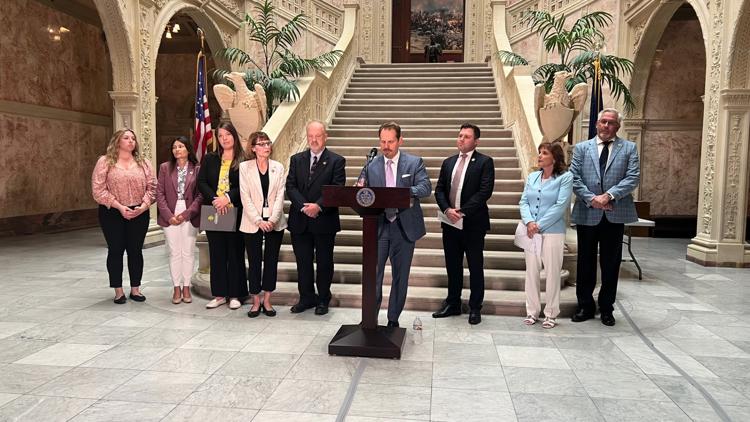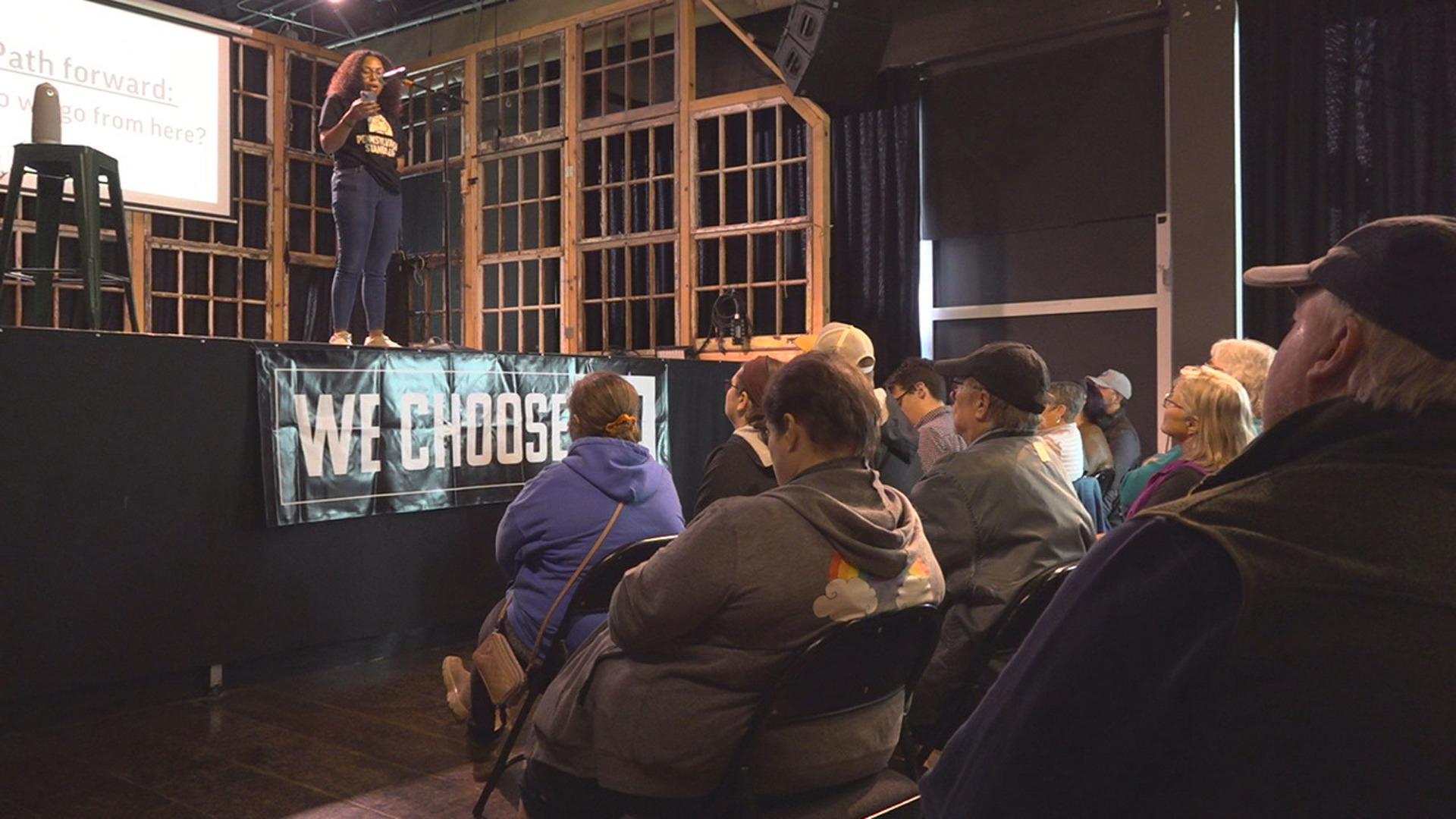HARRISBURG, Pa. — Lawmakers in Harrisburg are seeking to pass legislation which would expand prevailing wage requirements in Pennsylvania.
“Basically you take a contractor and you can pay two different rates based on the work being conducted, so essentially we want to avoid that," explained State Rep. Jason Dawkins (D-Philadelphia), who chairs the House Labor & Industry Committee along with State Rep. Ryan Mackenzie (R-Lehigh). "That has been a loophole in the past for people in the past to pay workers a different rate.”
State Rep. Dawkins is the prime sponsor of House Bill 2153.
If signed into law, it would expand the prevailing wage on public construction projects by barring “split rates," which allow a worker doing different jobs on the same site to be paid different wages based on those tasks.
“Historically, folks have been able to have low bids on this particular public work," said State Rep. Dawkins. "We want to ensure we have fairness across the board. Regardless of your job title, you’re going to be paid the same rate for the entire day’s work.”
He says there is bipartisan support.
Meanwhile several Republicans, including State Rep. Mackenzie, along with the Associated Builders & Contractors Keystone Chapter, expressed their opposition to the bill on Monday.
"We want to make sure we can work with legislators to make things easier and more efficient without sacrificing quality or safety," said Jim Willshier, government affairs director for ABC Keystone. "This bill makes that more difficult and more costly."
Willshier tells FOX43 that he believes prohibiting split rates would slow the building process and deter contractors, many of whom continue to face worker shortages, from bidding on public projects.
“Where this proposal makes problems with that, is we are looking to have someone in a worker shortage multitask and be more efficient," said Willshier.
The legislation would also ensure prevailing wage rates apply to off-site custom fabrication work, which Rep. Dawkins says closes a loophole currently resulting in workers receiving below the prevailing wage.
“We’re just trying to make sure we have a fair playing field on both sides of the job if it’s off-site or on-site," said State Rep. Dawkins.
But opponents say doing so would drive up costs for contractors, and in turn taxpayers.
“Not every item that is constructed, or is used as a component to go into a construction site, is something you can buy off the shelf of a hardware store," said Willshier. "A lot of it is specified and customized to that construction project. So there is a lot of guidance lacking as well as slowing down how quickly construction can happen.”
House Bill 2153 remains on the House floor.
State Rep. Dawkins hopes to have it move to the Senate within the next couple of weeks.
If it passes there, it will head to Governor Shapiro’s desk to be signed.



